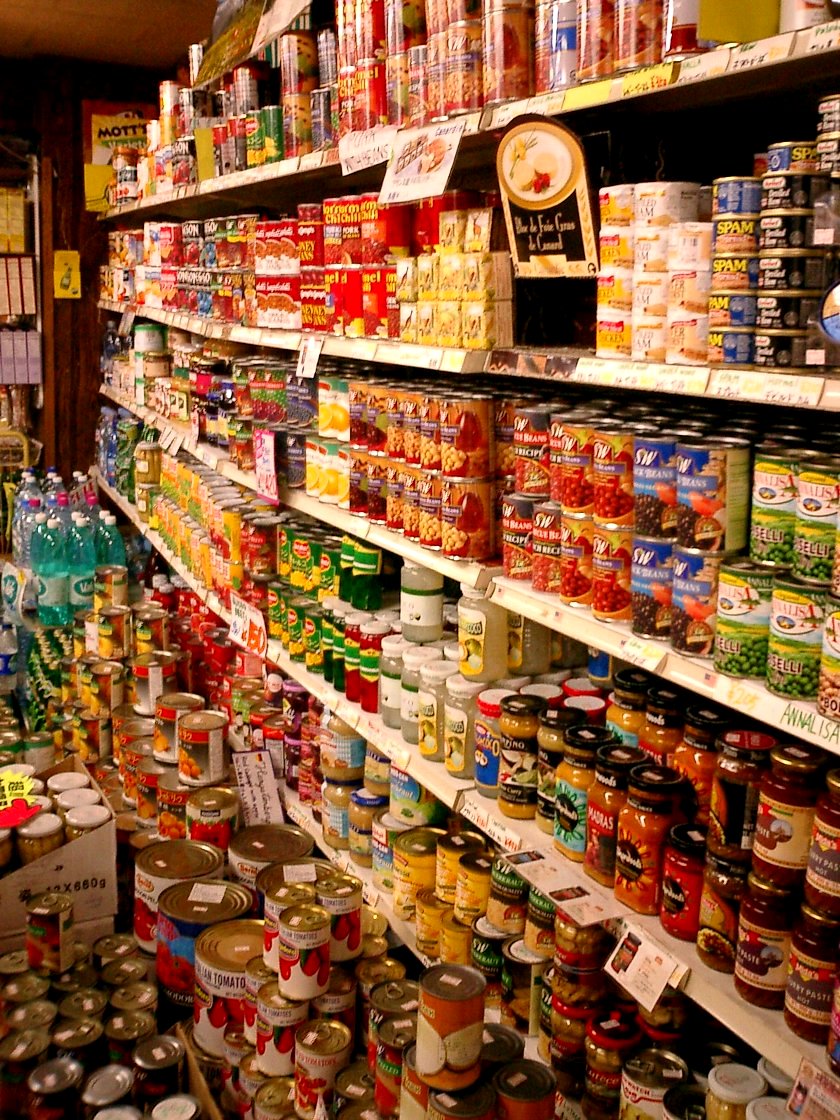
Food Additives Are More Hazardous in Combination
Americans spend about 90 percent of their food budget on processed foods, which contain a wide array of artificial food additives, preservatives, colors, and flavor enhancers.
More than 10,000 additives are allowed in food when you factor in those that are added directly to your food as well as those in the packaging—such as bisphenol-A (BPA), bisphenol-S (BPS), and phthalates—which can migrate to your food.
That your health can suffer as a consequence of this chemical assault should come as no surprise. After all, your body is not a machine designed to run on synthetic chemicals.
June 10, 2015 | Source: Mercola.com | by Dr. Mercola
Americans spend about 90 percent of their food budget on processed foods, which contain a wide array of artificial food additives, preservatives, colors, and flavor enhancers.
More than 10,000 additives are allowed in food when you factor in those that are added directly to your food as well as those in the packaging—such as bisphenol-A (BPA), bisphenol-S (BPS), and phthalates—which can migrate to your food.
That your health can suffer as a consequence of this chemical assault should come as no surprise. After all, your body is not a machine designed to run on synthetic chemicals.
Additives are used in food processing to slow spoilage, prevent fats, and oils from going rancid, prevent fruits from turning brown, and fortify or enrich the food with synthetic vitamins and minerals to replace the natural ones that were lost during processing.
They’re also added to improve taste, texture, and appearance, as many processed foods would be as dull and bland as cardboard without some artificial help.
Safety Testing Is Grossly Lacking
Despite widespread use, many food additives have questionable safety profiles, or none at all, since only a small percentage has ever been properly tested.
Many do not realize that food additives are not automatically required to get premarket approval by the US Food and Drug Administration (FDA).1,2,3 Certain items that fall under the “generally recognized as safe” (GRAS) designation are exempt from the approval process altogether, as explained in the featured video.
A company can simply hire an industry insider to evaluate the chemical, and if that individual determines that the chemical meets federal safety standards, it can be deemed GRAS without any involvement from the FDA. No independent third party objective evaluation is required.
As reported by the Washington Post:4
“The FDA said that although the law allows for food manufacturers to make their own safety determinations, the agency ‘encourages companies to consult with the agency when developing new ingredients.’ Ultimately, the FDA said, manufacturers ‘are responsible for ensuring that their food products are safe and lawful.’”
